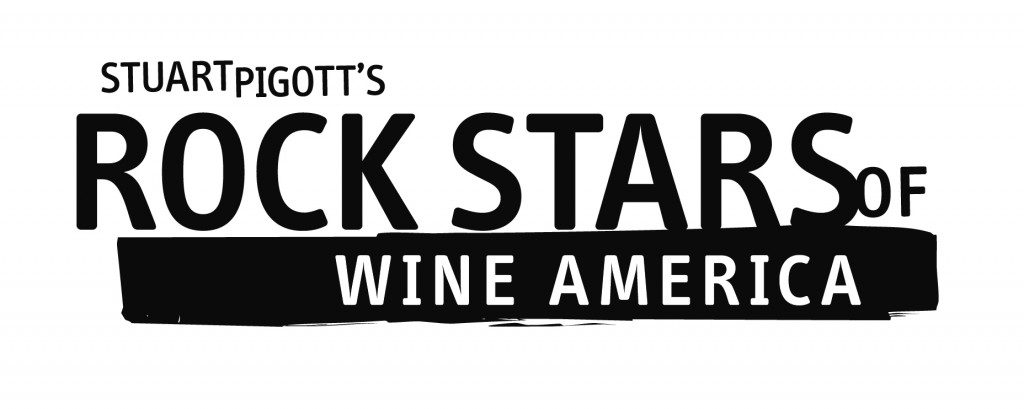An Initiative of Stuart Pigott, Manuela Sporbert and Jürgen Hammer
Now is the time for more democracy in the world of wine, and to reject the recent spread of rigid ideologies. The pleasure of wine is free – each person with their own taste and preferences – and dogma is the exact opposite of that!
Don’t misunderstand us, we’re also against the irresponsible use of chemistry and high-tech in the vineyard and cellar; we’re also opposed to the industrialization of wine production in the cause of profit-maximization. The movement that reacted against them – whatever name you decide to give it – has enriched the world of wine with many fascinating new and new interpretations of old wine styles. However, sometimes it has provided the basis for dogmatic ideas. Those who spread this poison ignore the fact many wine producers who do not fit into any of the now fashionable categories have also turned away from the use of chemical fertilizer, herbicides, pesticides, cultured yeast for fermentation, etc. The levels of sulfites generally added to wine today, even mass-produced wines, is now well below what it was one or two generations ago. This too, is real progress! Of course, organic and biodynamic viticulture are more systematic and serious expressions of the desire to bring wine production back into step with ecology. The growth in these categories is cause for optimism.
A growing group of winemakers have taken a more extreme path, letting nature take it’s course in the cellar, sometimes without in any way influencing how the result tastes. Turning the fascinating ideal of “natural” wines (no wine is really natural, since wine is always the product of human intervention) into alcoholic beverages that not only taste strikingly different, but also lack basic flaws is not an easy task. Once Francois Mitjavile of Tertre Rotebeuf said something very important to me: “too much human influence and the wine tastes totally boring, too much nature and you end up with vinegar, but where exactly is the right point between these extremes? That isn’t easy to say.” Does the fact that a wine is “natural” excuse an excess of volatile acidity (vinegar), a mousy aroma or extremely high histamine content? We don’t think so.
For us, the decisive thing about wine is style, and achieving that requires a winemaker who gently guides her or his wines in a particular direction without falsifying its inherent character. Whether she or he uses, for example, sulfites (legal in Germany since 1497!), barrique barrels or concrete eggs is a question of style, not a moral issue. All winemaking requires technology, and the amphora is just an ancient winemaking technology that has once again become an option in the modern cellar. The great French oenologist Jules Chauvet once said to his friend the Swiss winemaker Hans Ulrich Kesselring, “wine is science and sensuality.” Chauvet is a guru for many natural winemaker and we applaud both his honesty and open-mindedness. In this spirit we say, #gowinefreestyle

